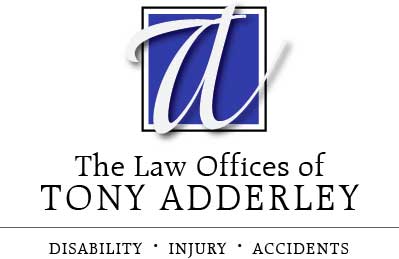Meniere’s disease is a hearing disorder; its symptoms are tinnitus, vertigo, hearing loss, and severe inner ear pressure that can come and go without warning. Meniere’s disease affects men and women about equally; most sufferers are between age 40 and 60, although children may also be afflicted. Meniere’s cause remains unknown, although the disease seems related to over-production of fluid in the inner ear. It tends to affect only one ear, and its onset is often sparked by a head injury. While Meniere’s disease is not “preventable” in any direct medical sense, physicians believe that wearing a helmet (when bicycling, motorcycling, or playing sports) can safeguard you from the kinds of head injuries that typically precede Meniere’s.
A diagnosis of Meniere’s disease requires a full medical history and physical exam. MRIs and CTs can indicate whether brain trouble is causing the symptoms. Electronystagmography (ENG) measures eye movements to determine if vertigo symptoms are related to the inner ear or to the central nervous system. A hearing test called an auditory brainstem response (ABR) test may be conducted to determine if the nerve from the inner ear to the brain is functioning properly.
Meniere’s disease is both chronic and incurable, although several medications are prescribed to treat symptoms. Diuretics can shrink inner ear fluid levels, and antihistamines may function as vestibular suppressants to reduce stress on the inner ear. Caffeine, alcohol, tobacco, and diets high in salt are to be avoided as these may also cause stress or pressure to the inner ear.
Meniere’s disease attacks can be short-term or long-term. To receive Social Security Disability (SSD) benefits for Meniere’s disease, the Social Security Administration (SSA) requires medical tests that demonstrate a long-term hearing loss. You can expect to undergo prolonged observation and several reexaminations. An experienced disability attorney can help you in your effort to receive SSD benefits. A good disability lawyer will work with the doctors and other healthcare providers you’ll need as witnesses, and he or she will answer your questions and guide you through the application process. If you are victimized by Meniere’s disease, and you need to receive SSD benefits, speak immediately with an experienced disability attorney.

